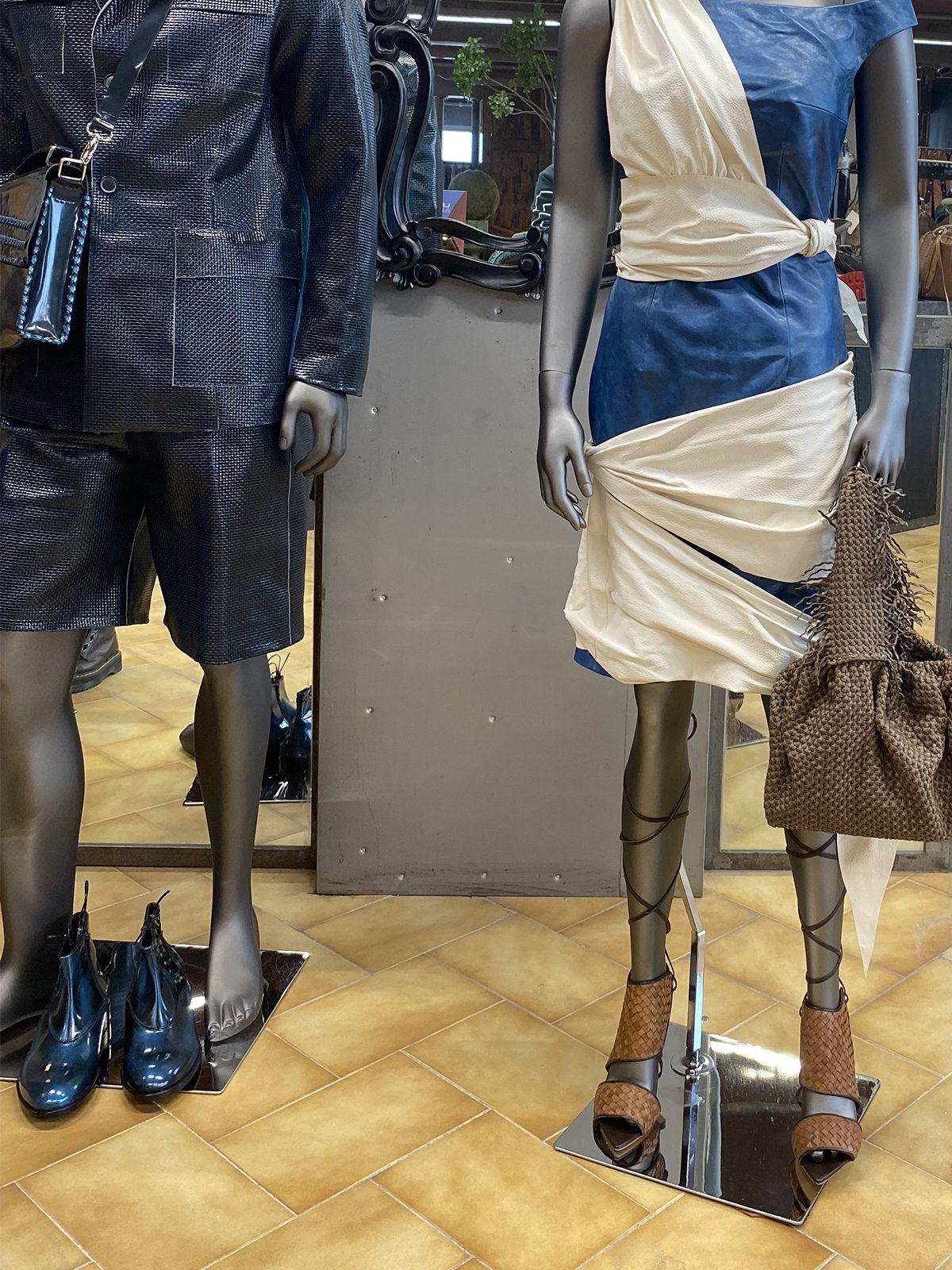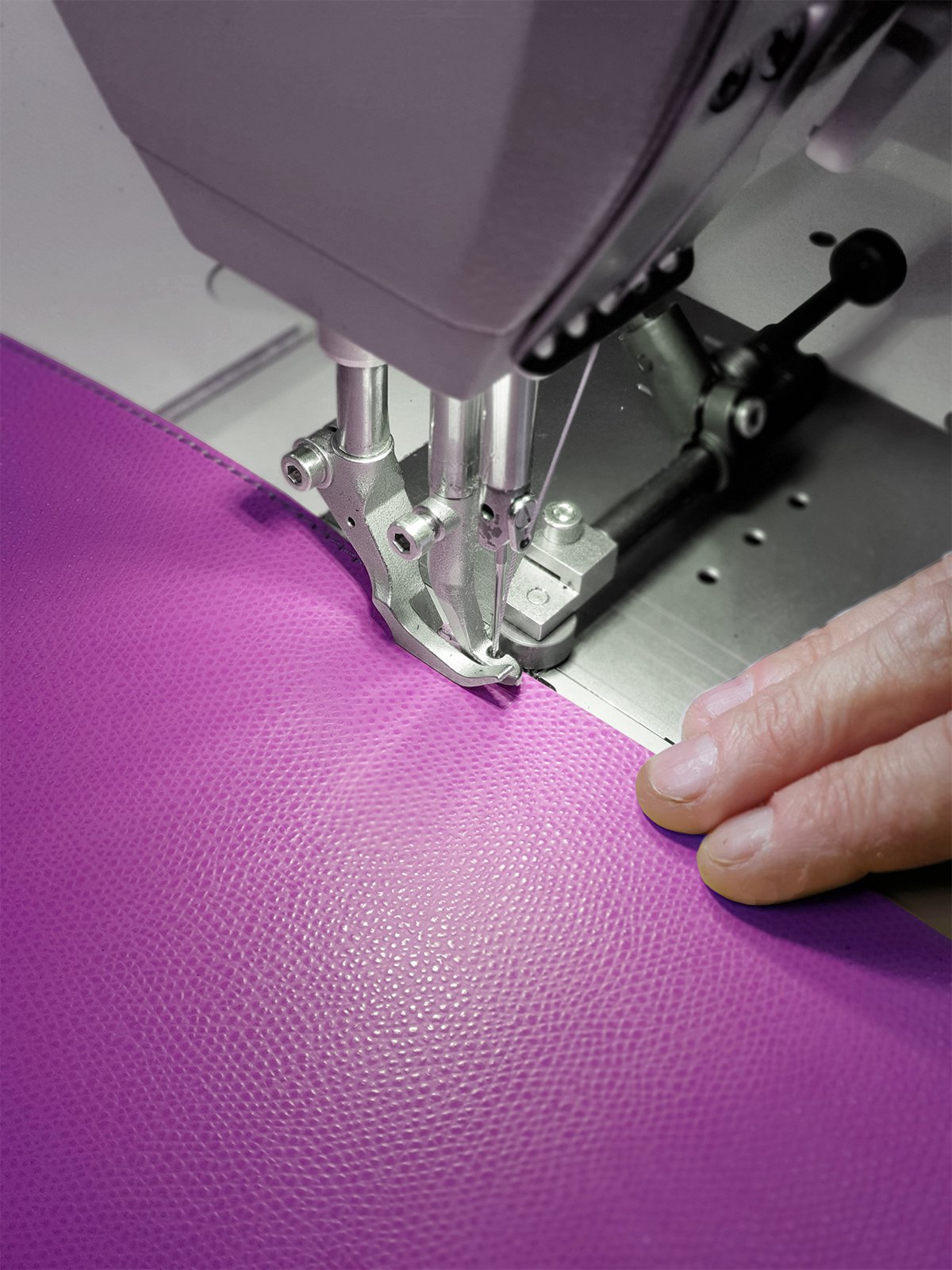News
Just Fashion Transition 2023: toward more sustainable fashion
The ESG (Environmental, Social, Governace) oversight of European and Italian companies is improving, but waste exported from Europe to developing countries is increasing fivefold, and the condition of workers globally is not improving. These are the main findings of the Study "Just Fashion Transition 2023" conducted by The European House - Ambrosetti and presented at the Venice Sustainable Fashion Forum, sponsored by Sistema Moda Italia, The European House - Ambrosetti itself and Confindustria Veneto Est - Metropolitan Area Venice Padua Rovigo Treviso.
A first point concerns legislation: the question is whether regulatory pressure, starting with the 2022 "EU Textile Strategy," which seems to have encountered several obstacles, can speed up the process. The preliminary impact analysis on the new proposed Ecodesign Regulation is also not encouraging. Then there is the issue of cost: it costs twice as much to make a sustainable garment as a traditional one, and even though it can be resold for four times the cost of production, data show that average consumer spending goes down.
Consumer attitudes do not help. Today, about 30 percent of online purchases are returned, in 70 percent of cases due to a "change of mind," without realizing the repercussions: such as sending large amounts of "unwanted" garments to landfills. Recycling and reuse come to the rescue: on average, out of 35 textile items thrown away each year by a European citizen, 3 are recycled and less than 1 is reused in the domestic market. Reuse, in turn, avoids up to 97% of CO2 emissions and reduces water consumption by 99% compared to chemical recycling. Eyes on the rapidly growing second-hand luxury market (+28% in 2022).
Finally, the role of companies, between goals to be achieved and stated commitment. One of the main challenges concerns social sustainability: only 1.5 million of the 75 million workers (less than 2%) receive adequate wages and have formal employment contracts. Commitment on the transition front is growing, however: between 2021 and 2022, the number of European fashion companies that preside over sustainability increased by 17 percent: 71 of the 100 largest have already equipped themselves to manage the transition, but the best of these meet only 70 percent of the maturity requirements for Esg presidia.





















